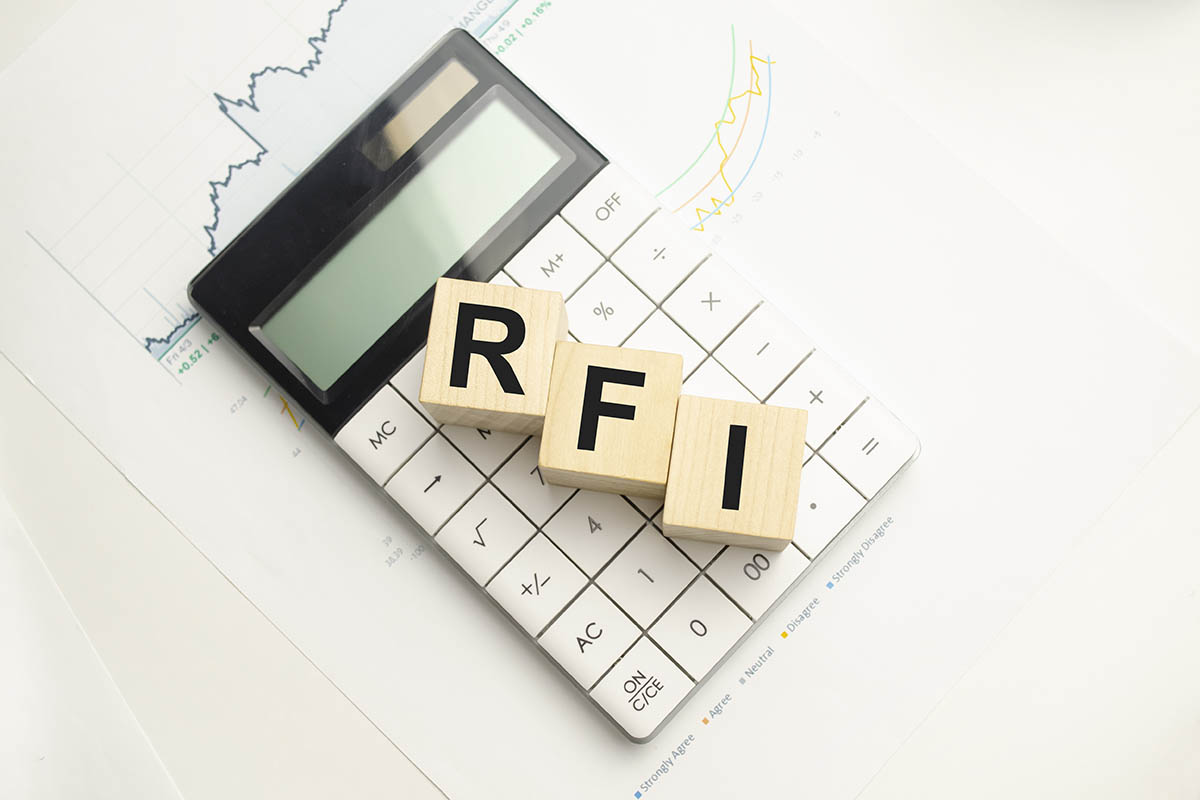RFIs Explained: Is Your Business Up To Speed?
Dealing with Requests-for-Information swiftly is the key to keeping your project running on schedule. If your business requires construction project management solutions that are cost-effective and responsive, RFI management is the key to success.
RFIs are one of the unknown factors which can cause your construction project to draw to a halt. They can come from a selection of parties who have an interest in your project. The nature of this type of document means that it slows down your daily production. A project manager must reply to each of these requests in a timely fashion before the query expires.
This article will seek to explain RFIs. By the end of this document, you should understand what an RFI is, how businesses use it, and if you need to perform one before you engage with construction work.
What is a Construction Request-for-Information?
A construction Request-for-Information (or RFI) is one of the admin tasks associated with project management. These can be regular or irregular, frequent, or infrequent.
They can come from a contractor, or they can come from a client. They query subjects as diverse as the millimeter measurements in window frames to request information about the finishing materials.
Introducing an effective RFI project management tool is, therefore, a key consideration to make when embarking on a new project. The right software tool could make RFI management easier, freeing up your project manager’s time for more significant issues like compliance and environmentalism.
Why do Construction Companies need them?
Why do construction firms use RFIs? This system is an effortless way of highlighting issues of misunderstanding between departments. A construction project requires multiple contractors to work harmoniously.
The project manager is there to ensure that harmony remains intact throughout the project. RFIs are a simple communication tool that allows swift resolutions to issues of understanding. RFIs also keep all requests and communications on paper or in a digital system.
The Drawbacks of RFI Systems in Construction Projects
A construction RFI is one of many admin tasks which get in the way of onsite construction project management. If your project manager spends their day going back and forth between departments, they are not overseeing the bigger picture. There are papers that place a quantitative cost on time involved with responding to RFIs in construction.
Completing RFIs is a necessary task that makes the day longer. Project managers must file paperwork at the right time. They must file for planning permissions and visit sites to ensure workers uphold safety standards. They spend their time negotiating contracts and sourcing materials that provide the entire project’s smooth running.
RFIs take focus away from the construction work at hand.
Does Your Business Need RFI Management?
Requests-for-Information is an administrative tool of the construction trade. They help communicate on building projects while creating a paper trail of instructions. If your business intends to build new offices, retail spaces, warehouses, or factories, you may need a project manager with experience in this area.
An RFI management platform is a singular space for the online oversight of Requests-for-Information. It can speed up your project manager’s workflow, boosting overall production and keeping your project on track. If you are in the construction industry or even if you want to hire the perfect project manager – those expert tools can make a difference in time and money




















